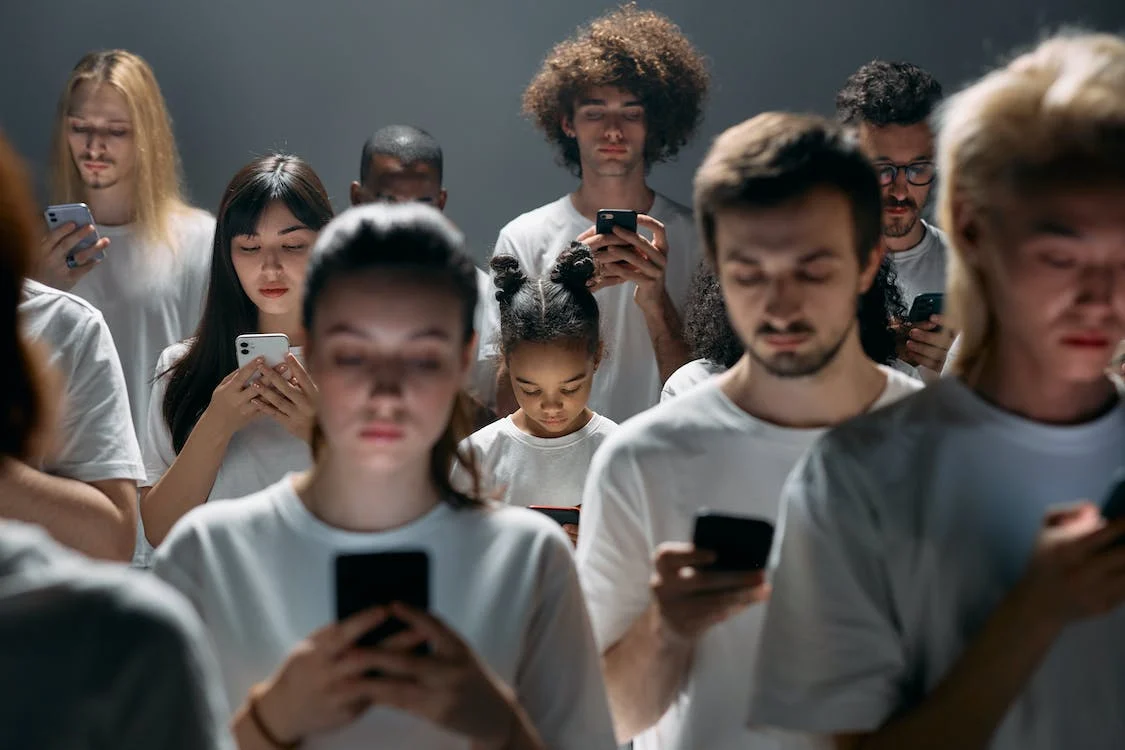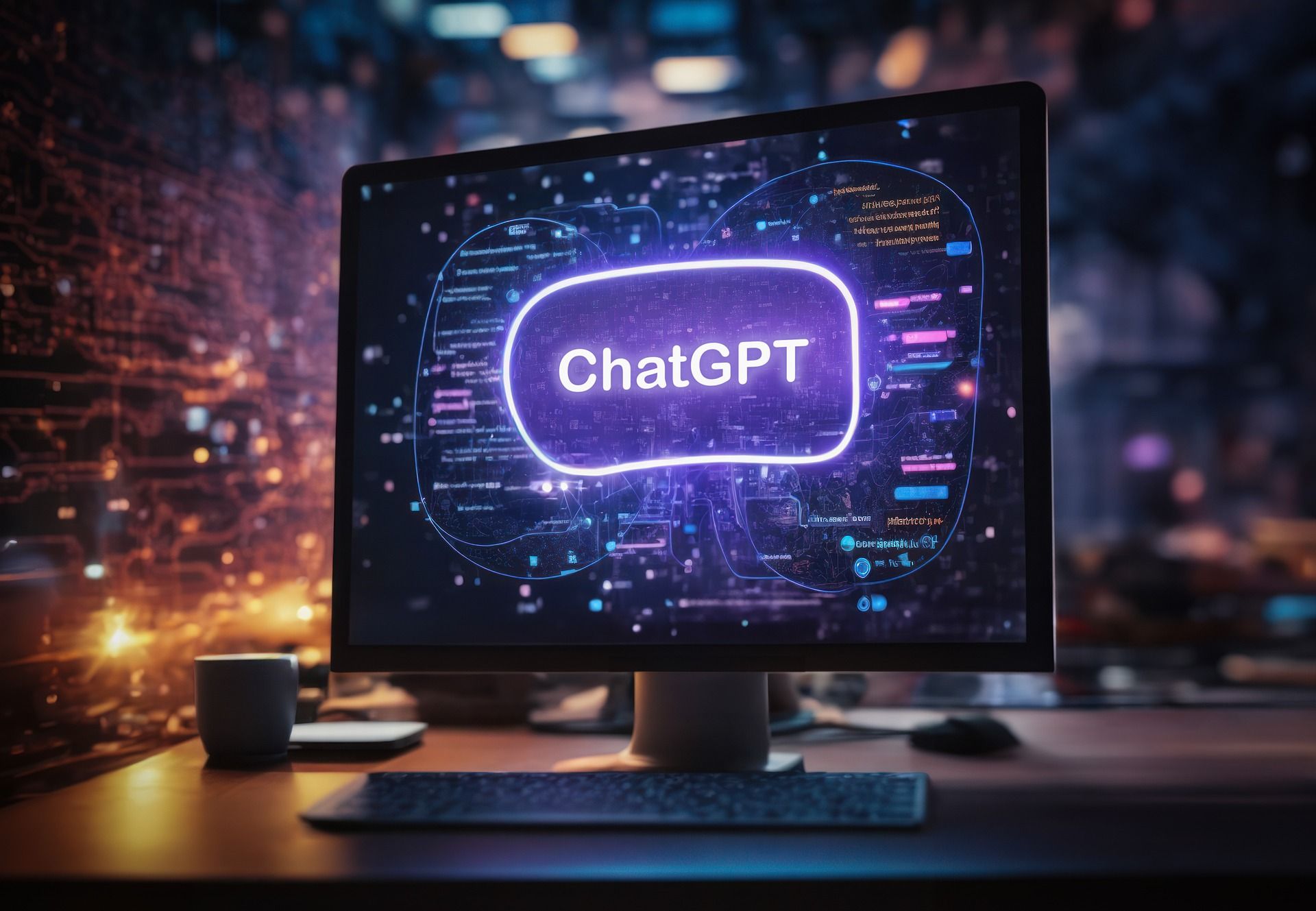
In the words of Anna Lembke, a psychiatrist and addiction specialist at Stanford, “Just about all of us have a digital drug of choice, and it probably involves using a smartphone—the equivalent of the hypodermic needle for a wired generation.”
A 2018 study by the Pew Research Center revealed alarming statistics– around 44 per cent of teens check their phones as soon as they wake up, 54 per cent are aware of their excessive screen time, and about 42 per cent feel anxious without their phones. The rapid return to screens within minutes after usage exemplifies the habitual nature of smartphone addiction, swiftly spiralling into dependency.
Addiction, as described by experts, involves the brain’s core functions of reward, motivation, and memory. Smartphone addiction operates on similar circuits, triggering a complex interplay of rewards—be it dopamine release, relief from boredom, validation, or simple entertainment. These gratifications reinforce our behaviour, creating a loop that’s hard to break. Despite recognising the costs, the cycle persists from cognitive changes to social difficulties and sleep disruptions.
Yet, a smartphone-free lifestyle seems absolutely impractical in a world reliant on remote work, digital transactions, and digital documentation. Instead, managing addictive behaviour by regulating screen time emerges as a more feasible approach. It’s not merely about setting limits but about replacing unhealthy habits with healthier ones that don’t tether you to your phone.
Enter artificial intelligence—like ChatGPT—which helps you in battling mobile phone addiction. Here’s how ChatGPT can play a significant role in your journey toward overcoming this addiction. Read along!

Analyse the roots of addiction
Start by cultivating self-awareness. Find out the ‘why’ by asking yourself the following questions—
- Do you reach out for your phone when you are alone or with others?
- What emotions or thoughts accompany this action?
- Is it out of boredom, seeking validation, annoyance, or merely a habitual response?
Approach this introspection without judgment.
Research highlights the overuse of smartphones particularly among college students. These include the desire for social connection, the willingness to ‘show off’ their phones amidst peers, and even using the phone to avoid uncomfortable situations.
ChatGPT can prove to be helpful in combatting addiction. It can engage users in meaningful conversations, aiding in the identification of individual triggers and behavioural patterns tied to smartphone use. You can also use this prompt.
“I’ve noticed a pattern in my phone usage—specifically, during [describe the moments or times of day], usually when I’m feeling [describe your emotions or state of mind] or engaged in [describe your concurrent activities]. Understanding these instances may reveal the underlying triggers behind my phone usage. Help me in finding out why I gravitate towards my phone during these moments.”
Replace bad habits with purpose-driven actions
Now that you’ve identified your triggers, it’s time to swap out the old habits for new, more constructive ones.
Engage ChatGPT by sharing your goals, and let it offer suggestions for activities that can fill the void left by your previous phone use. Seek out habits that align with your ambitions in business or life, ensuring they contribute positively in the long run. Here’s a prompt to help you get started:
“I’m seeking alternatives that don’t involve screens during these moments. Can you suggest activities to replace my phone habit that will further my goals in [describe your business, hobby, or life aspirations]? Additionally, I’d appreciate guidelines for times when it’s essential to abstain from phone usage entirely.”
By collaborating with ChatGPT, you can explore actionable steps and establish rules that steer you away from unnecessary phone use while fostering habits that push you toward your envisioned success.
.thumbnailWrapper
width:6.62rem !important;
.alsoReadTitleImage
min-width: 81px !important;
min-height: 81px !important;
.alsoReadMainTitleText
font-size: 14px !important;
line-height: 20px !important;
.alsoReadHeadText
font-size: 24px !important;
line-height: 20px !important;

Have a sound sleep by managing phone use
Nighttime phone usage can significantly disrupt sleep quality, impacting your overall well-being. Consider these strategies to keep away your phone before bedtime–
- Relocate your phone: Instead of keeping it beside your bed, try charging it in another room overnight. If you enjoy using meditation apps or audiobooks to wind down, place your phone out of immediate reach to reduce bedtime screen exposure.
- Silence notifications: Temptation often lurks in the form of incoming notifications. Take control by reducing alerts. Consider using the ‘Do Not Disturb’ function during specific hours or selectively turning off notifications for less essential apps. This puts you in charge of your phone, not the other way around.
- Understand dopamine’s role: Most addictions, including smartphone use, hinge on dopamine, a neurotransmitter associated with desire. Environmental cues, like phone notifications, trigger dopamine spikes, compelling immediate responses. Recognising this manipulation can empower you to resist the urge to constantly check your phone.
You can also use this ChatGPT prompt–
“I want to prioritise my sleep for increased productivity every morning. Suggest ways to silence my phone and reduce distraction.”
Follow a 30-day experiment course
Habit transformation takes time and commitment. So, instead of taking a self-resolution of never touching your phone, take a 30-day reset.
Restrict your phone usage to just calls and texts—no apps, including maps or photos. This intentional pause will allow you to realign your priorities and rekindle focus on more meaningful pursuits.
Ask ChatGPT for a personalised 30-day plan to steer away from excessive screen time and reduce phone addiction. Employ the following prompt–
“I understand that changing habits doesn’t happen overnight. Given the suggestions so far, create a manageable 30-day plan to gradually develop new habits, replace old ones, and reduce my phone use. Emphasise one or two habit changes at a time and include specific tactics for each action in the plan.”
Addiction indeed robs us of freedom. Epictetus, the Greek Stoic philosopher, profoundly stated– “No man is free who is not master of himself.”
Reclaim control over your phone usage by transforming it into an intentional act. Delve deep into the reasons behind your overuse and implement changes that will create a profound impact. Leverage ChatGPT to assist in carving your personalised strategy. This will help me in moving toward a healthier and more balanced relationship with technology.










